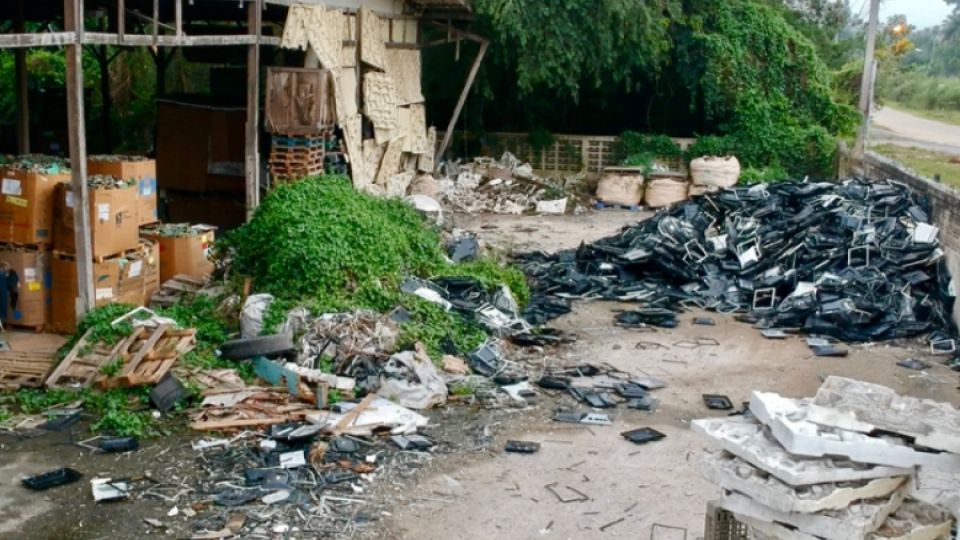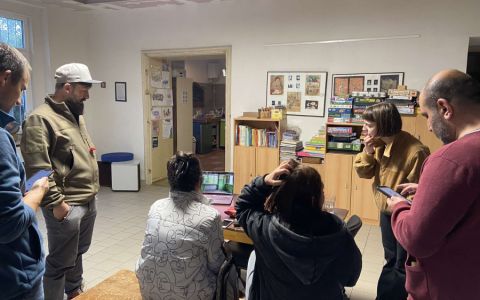After years of efforts and demanding such ban by several environmental groups including EARTH and Arnika, Thailand has finally announced prohibition on the import of dangerous e-waste. New list of 428 types of electronic waste which come under the ban shows that Thailand is not, and refuses to be, a global dumpsite.
"We are very happy to see this law finally in force in Thailand but we remind the world that Thailand is still seen as the dumping ground for plastic and other wastes by brokers in Hong Kong and the US," said Mr. Akarapon Teebthaisong from Ecological Alert and Recovery Thailand (EARTH). "Further, we must remain vigilant against actors that will ignore this new law, both inside and outside of the country."
New ban, effective from September 15th, 2020, was launched under a 2018 resolution of the government’s subcommittee responsible for the management and control of the imported plastic waste and e-waste. According to Thai Department of Foreign Trade, violations are punishable by a jail sentence of up to 10 years, a fine of five times the price of the e-waste imported illegally, or both.
Local environmental organizations and activists appreciate such achievement, but are calling for a vigorous enforcement of the law, a close monitoring, an addition of plastic waste and also ratification of the Basel Convention's Ban Amendment by Thailand. A global ban on the export of hazardous waste from developed to developing countries came into force in December 2019 and was ratified by 99 countries, except for Thailand, Australia, Japan, and the US. Basel Action Network (BAN) and EARTH are again calling for all countries to ratify the Basel Ban and the Basel Convention and they encourage all countries to ban the import of electronic and plastic waste as China has done.
"To avoid their territories being exploited by global waste dumpers, it is vital that countries in Asia, Latin America and Africa prohibit all manner of plastic and hazardous wastes as China has done," said Jim Puckett, director of the Basel Action Network. "Once your country and countryside becomes a target of the global waste traders, it is too late to prevent the destruction they can cause, of groundwater, to air quality, and the local food supply."
More about the problems and potential threats for the people as well as the environment can be found in the video about the e-waste processing in Thailand here >>>







